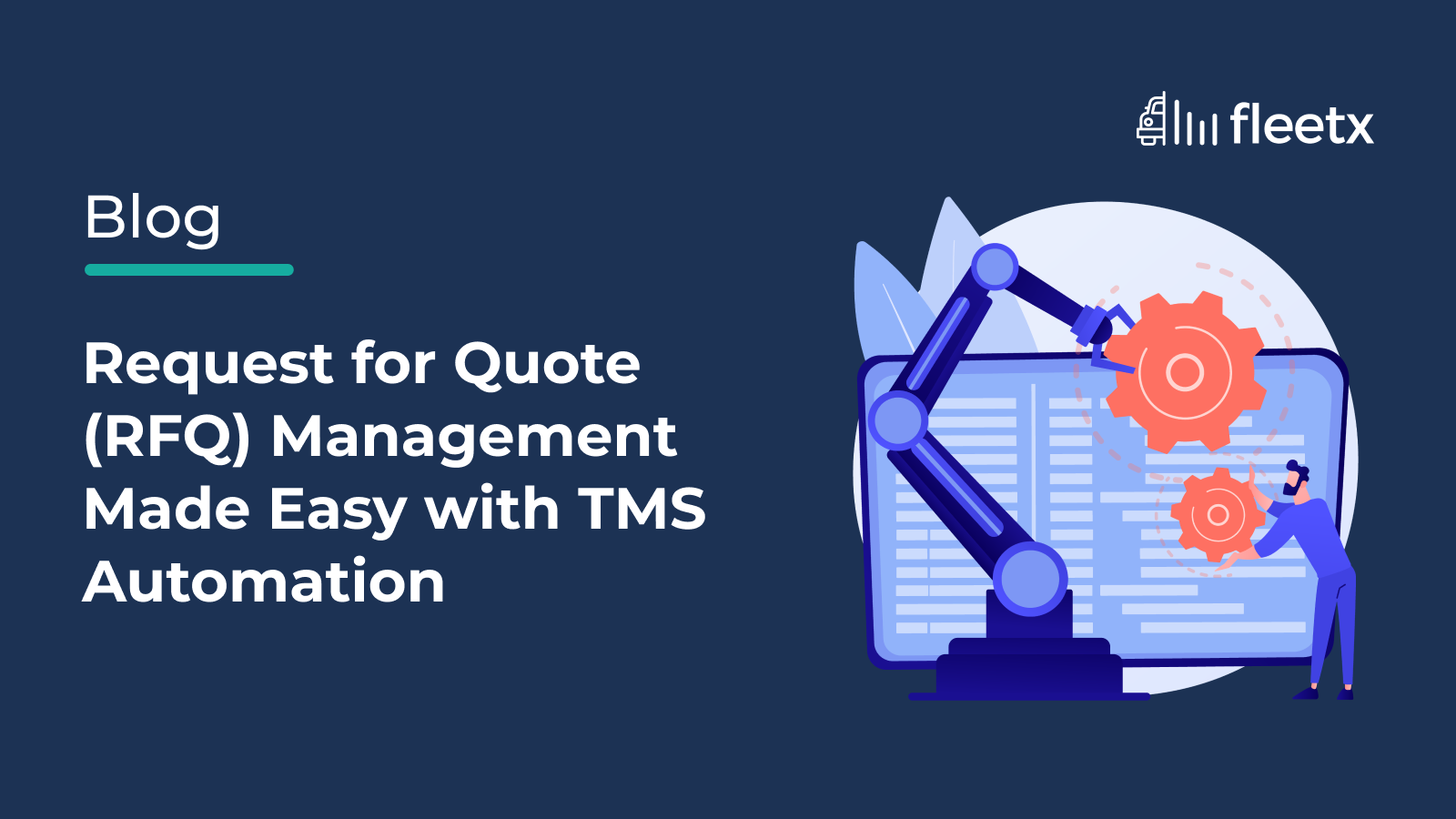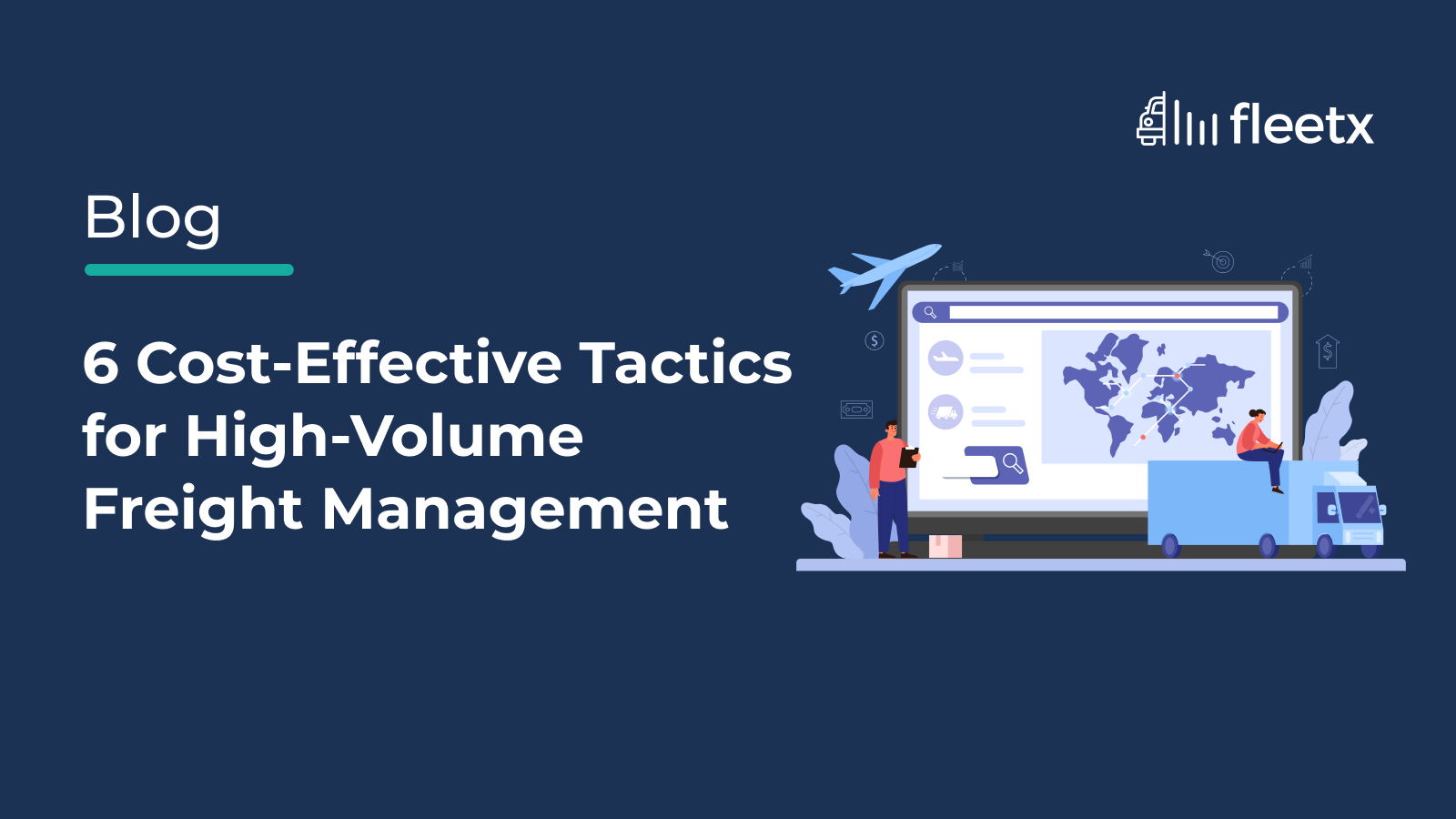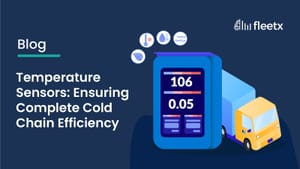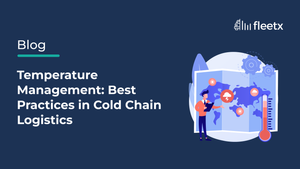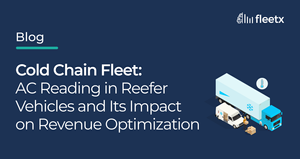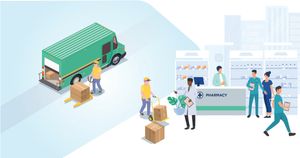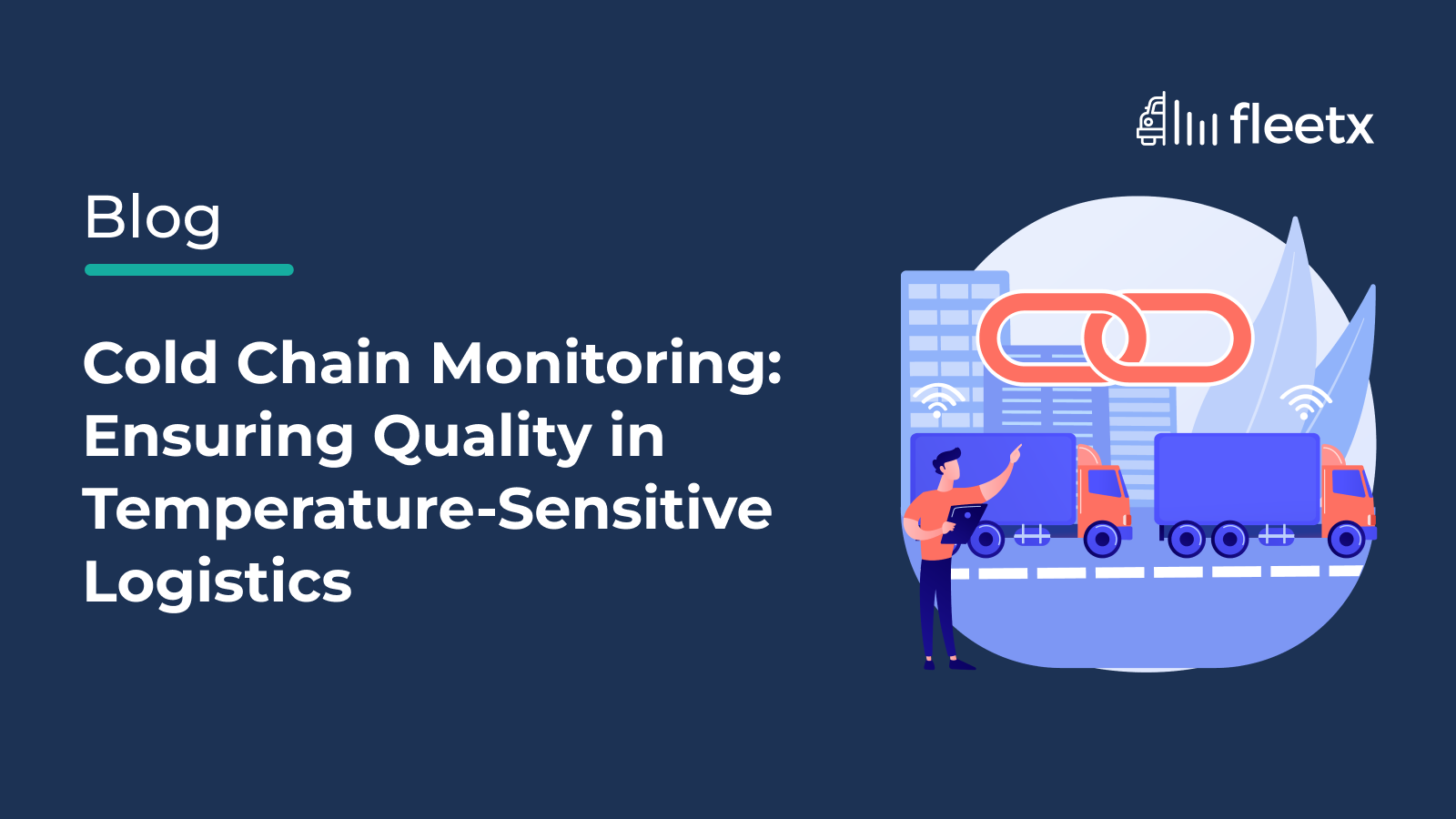
The transportation of temperature-sensitive goods - such as pharmaceuticals, fresh produce, and dairy products - is a delicate endeavor. This is facilitated with the help of a cold chain - a temperature-controlled supply chain that ensures products remain within a specific temperature range from origin to destination. Proper cold chain management is crucial to maintaining the quality, safety, and shelf life of these products.
With India's growing demand for perishable goods and sensitive pharmaceuticals, the need for effective cold chain logistics has become critical. This is where advanced cold chain monitoring solutions powered by smart technologies and AI-driven logistics platforms, like those offered by Fleetx, can provide an edge over the competition and ensure that the cold chain remains unbroken.
How the Quality of Cold Chain Affects the Products
Despite its importance, cold chain logistics faces several challenges in India. One of the major issues is the lack of real-time temperature monitoring. Traditional methods rely on manual checks, which can lead to human errors and delayed responses. When a shipment is exposed to temperatures outside its safe range, even for a short period, it can result in product spoilage, financial losses, and, in the case of pharmaceuticals, serious health risks.
Moreover, India's diverse climate, ranging from extreme heat to high humidity, poses additional risks to temperature-sensitive goods. Poor infrastructure, inconsistent power supply, and untrained staff further complicate the management of cold chain logistics. The absence of real-time data makes it difficult to identify where and when issues occur, leading to reactive rather than proactive problem-solving.
How to Ensure Quality?
To overcome these challenges, companies are turning to smart cold chain monitoring solutions that leverage IoT (Internet of Things) devices and AI technology. Here’s how these solutions can transform temperature-sensitive logistics:
- Real-Time Temperature Monitoring
IoT-enabled sensors can be placed inside refrigerated trucks, storage units, and warehouses to provide real-time data on temperature and humidity levels. These sensors transmit data continuously to a centralized platform, allowing logistics managers to monitor conditions remotely. If a temperature deviation occurs, alerts are sent instantly, enabling quick corrective actions before any damage occurs.
- Predictive Analytics with AI
AI algorithms can analyze historical data to predict potential risks in the cold chain process. For instance, if a particular route is known for delays or temperature fluctuations, AI can suggest alternative paths or adjust schedules accordingly. This predictive approach helps in preventing issues before they arise, ensuring consistent product quality.
- Automated Reporting and Compliance
Maintaining regulatory compliance is crucial in industries like pharmaceuticals and food. Smart cold chain monitoring systems automatically generate detailed reports on temperature conditions throughout the journey. These reports can be easily accessed and shared with regulatory bodies, ensuring compliance with industry standards and reducing the administrative burden.
- Enhanced Visibility and Transparency
Stakeholders, including manufacturers, distributors, and customers, can track shipments in real-time. This transparency builds trust and allows for better coordination among all parties involved. For example, Fleetx’s cold chain solutions provide end-to-end visibility of the supply chain.
- Energy Efficiency and Cost Savings
Smart monitoring systems help optimize energy consumption by ensuring that refrigeration units operate efficiently. By avoiding overcooling or unnecessary energy use, companies can reduce operational costs while maintaining product quality. Additionally, reducing spoilage and waste translates to significant cost savings.
To Conclude
Cold chain logistics is a vital component of India’s supply chain ecosystem, especially with the rising demand for pharmaceuticals, fresh food, and other temperature-sensitive goods. However, the challenges of maintaining consistent temperatures throughout the supply chain can lead to significant losses and risks.
By adopting smart cold chain monitoring solutions powered by IoT and AI technology, companies can ensure the safe and efficient transportation of perishable goods. Real-time monitoring, predictive analytics, and enhanced visibility not only improve product quality but also reduce operational costs and ensure regulatory compliance.

